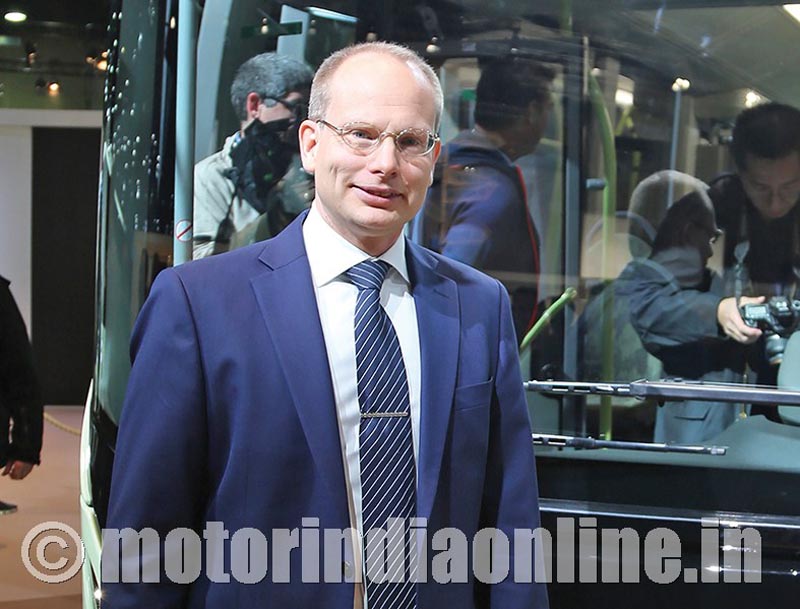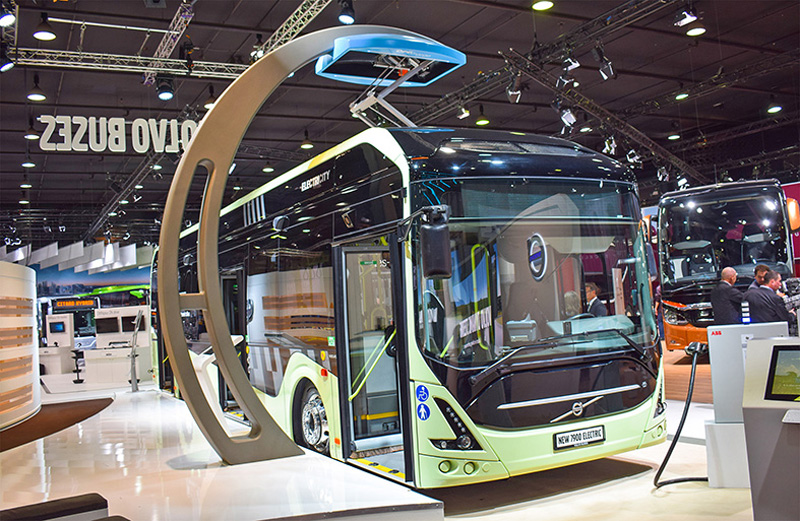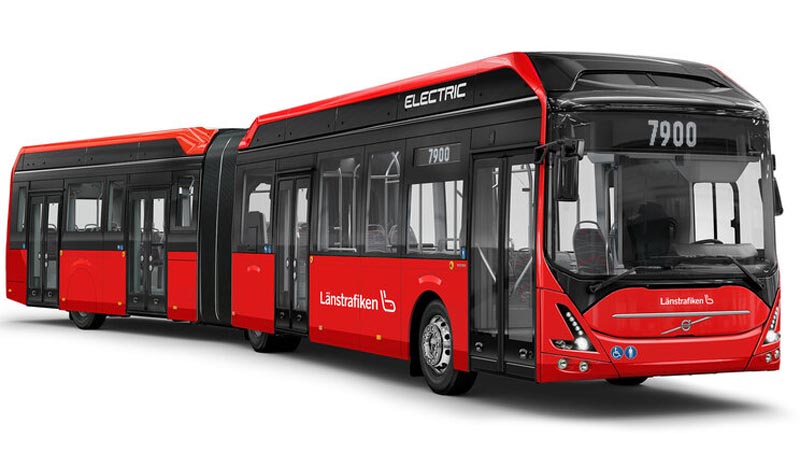Volvo Buses has sold more than 5,000 electrified buses in total, and in recent period received orders for more than 850 electrified buses from over 50 European cities.

Volvo Buses continues to strengthen its position on the European market for electromobility system solutions and electrically powered buses. Over the past year´s the company has received a large number of new orders from various cities throughout Europe. Lodz in Poland, Den Bosch in The Netherlands, Bodö and Ålesund in Norway, Aarhus in Denmark, Gothenburg and Malmö in Sweden and Luxemburg are just some of the cities that have chosen to electrify their public transport system in partnership with Volvo. And despite the Covid-19 pandemic the demand for electrification of public transports continue.
“Cities in Europe are increasingly focusing on public transport systems that are sustainable from both environmental and financial perspectives. With our wide range of electrified vehicles and comprehensive system solutions, we can offer our customers several competitive and flexible alternatives for attractive, quiet and emission-free operations”, says Håkan Agnevall, President of Volvo Buses.

Volvo Buses has sold more than 5 000 electrified buses in total, and in recent period received orders for more than 850 electrified buses from over 50 European cities. Most are for the new high-capacity Volvo 7900 Electric Articulated model, from customers in Gothenburg, Malmö and Jönköping in Sweden, as well as from Bodö in Norway and Stuttgart in Germany.
The remaining orders are for the Volvo 7900 Electric for delivery to cities such as Aarhus in Denmark, Ålesund in Norway, Den Bosch in The Netherlands, Gliwice in Poland, and Luxemburg, which truly sets the standard regarding electrified public transport. Luxemburg has worked together with Volvo Buses on electromobility since 2010 and today operates both hybrid and electric hybrid Volvo buses.
Volvo Buses launched its first generation of hybrid buses back in 2010. Since then the range of fully or partially electrified models has grown into one of the widest in the industry, with alternatives for both small and large cities. In order to ease the transition to sustainable public transport, Volvo Buses offers services for route planning, vehicles, charging infrastructure, vehicle servicing and financing, in various forms of complete, turnkey solutions. “The electrification of public transport requires in-depth expertise, a system perspective and cooperation between various parties to ensure that the chosen solution is as efficient and attractive. We see increasing demand for this kind of services,” explains Håkan Agnevall.

Environmental benefits still remain the strongest reason for electrification of public transport. “Many cities have ambitious goals for improving air quality, and an electrified urban vehicle fleet creates new opportunities for reaching these goals. When we put our 145 electric buses into operation in Gothenburg, CO2 emissions are cut by 14,500 tonnes, equivalent to approx. 5,000 diesel cars, and emissions of nitrogen oxides are cut by approx. 8,000 kg per year. At the same time, each bus’s noise level is reduced by 7 dB, halving its noise emissions. Our aim is to continue to lead the development of electromobility and to serve as a long-term dedicated partner for all cities that want to give their populations better quality of life,” concludes Håkan Agnevall.
The experience gained from Volvo Buses’ pioneering work has also paved the way for the Volvo Group’s development of electrified trucks, which started selling on selected markets in 2020.